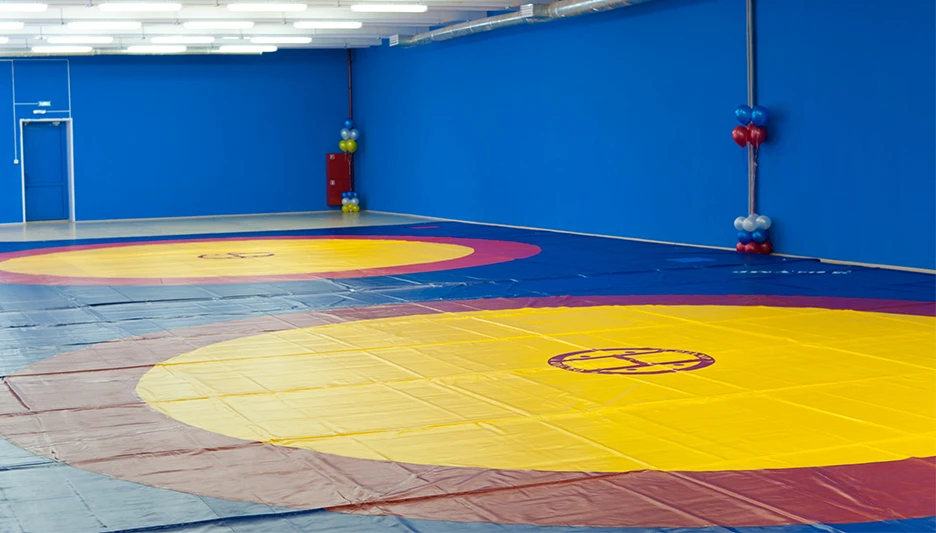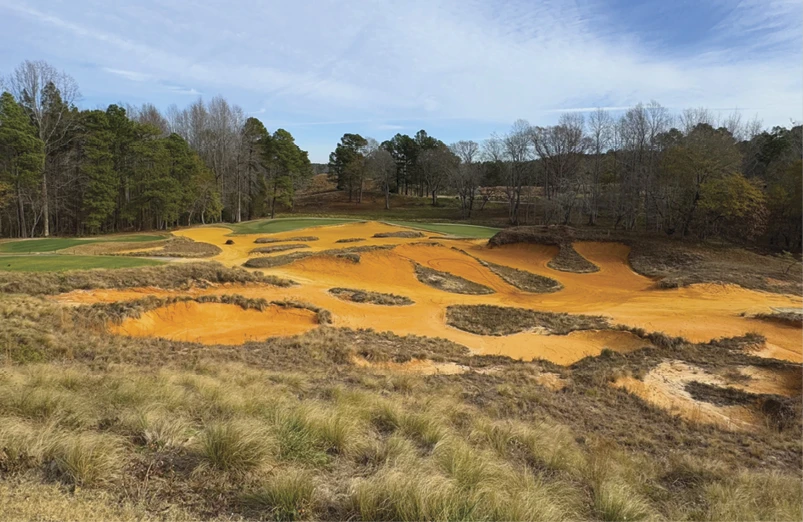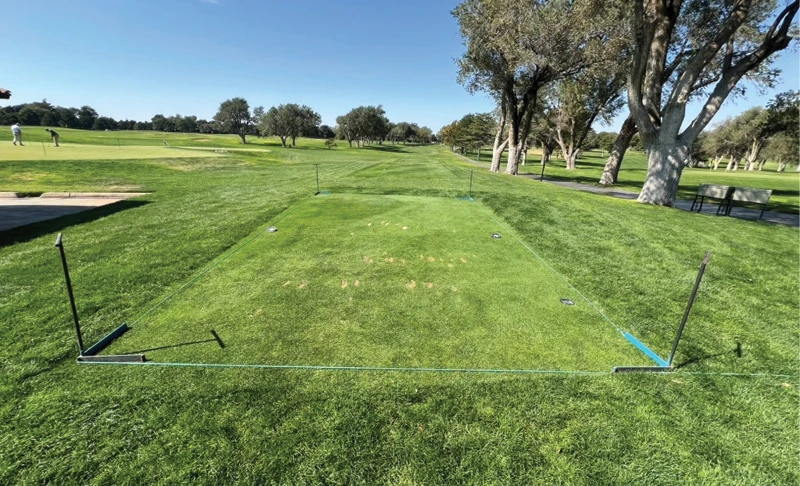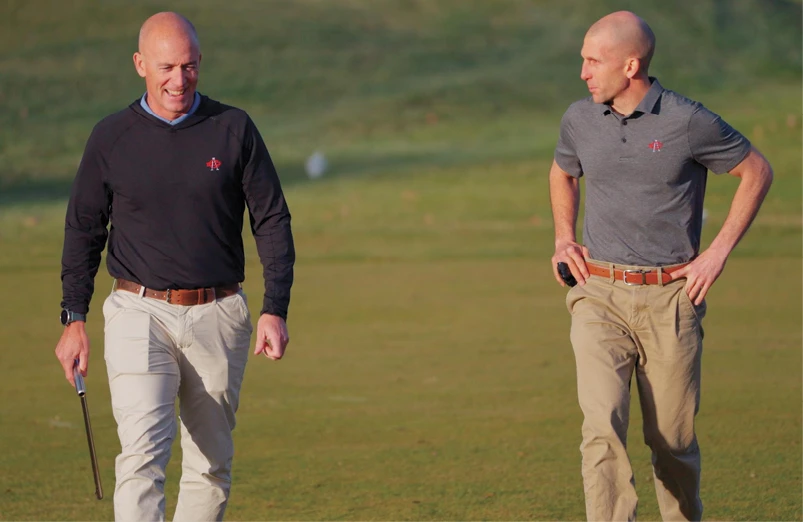
Adobe Stock
As the silly rift, divide and posturing continues in men’s professional golf, I reconnected this winter with a past professional passion.
I spent weekend evenings and workout time streaming hours of college wrestling matches. Consider it a sports consumption transfer.
No more Phil, Rory, Rahm or DJ (at least until the Masters). The egos of executives overseeing professional golf leagues and political-like coverage from media outlets are creating toxicity around the game at the highest levels. The only part of pro golf I’m missing involves observing the phenomenal work of tournament superintendents and their teams broadcast in high definition.
Perhaps the foolishness will ultimately yield more best-on-best action using innovative formats. Until then, it’s takedowns, escapes, reversals and nearfalls during winter weekends.
I spent the first 11 years of my career covering sports in central Pennsylvania. My one winter task at the Centre Daily Times and Williamsport Sun-Gazette included covering college and high school wrestling. In that part of the country, wrestling is the second-most popular sport, so winters on the wrestling beat consist of working superintendent-length hours, with late nights replacing early mornings. I relished every minute of playing a small role promoting a sport where immense personal sacrifices are made for little glory.
Ponder the above concepts. Immense personal sacrifice. Little glory. Sounds like golf course maintenance, right?
Reconnecting with wrestling through streaming matches and following the progress of my 8-year-old nephew made me think of a few mat lessons applicable to our industry.
Stability produces greatness
Penn State is current power 1A, 1B and 1C in college wrestling. The Nittany Lions have won nine of the last 11 NCAA titles. They are an overwhelming favorite to capture another one this month. The dynasty started in 2011, my final year covering the program for the Centre Daily Times in State College.
The school hired Cael Sanderson, the greatest college wrestler of all time, as head coach in 2009. Sanderson brought his two top assistants from Iowa State to Penn State: older brother, Cody, and good friend Casey Cunningham. The pair remains at Penn State despite boasting the credentials and qualifications to land head-coaching positions at prominent places.
There’s tremendous pressure in the golf industry to move assistants through the ranks. But imagine how a course — and lives off the course — can be elevated by keeping successful teams intact for more than a few years.
Retaining elite assistants requires significant resources, primarily a significant commitment to boosting pay. The benefits might make it a worthwhile investment for all parties involved.
Wrestlers make terrific employees
I haven’t met a superintendent who hired a wrestler — or a group of wrestlers — and expressed disappointment in the work ethic and quality their course received.
Wrestling is a brutal sport. It requires hours of lifting, tugging, lunging and grabbing. Practices are tougher than competitions. Sweat accumulates by the gallon. And sometimes even the biggest competitions are contested away from the limelight. More than any other athletes, wrestlers can handle the physical demands of golf course maintenance.
Hire one high school or college wrestler and you’ll likely get a few. Because peers can’t relate to what they experience, wrestlers forge close bonds. Treat them well and they will recruit their friends to join your crew.
Superintendents would be wise to contact and befriend high school wrestling coaches during seasonal recruitment efforts.
Adapt and recover
A wrestling bout produce scrambles, throws, foot action and top-and-bottom rolling. Hours of training prepares the body and mind for split-second decisions.
The same scenario exists in golf course maintenance. Industry professionals spend years preparing to handle stifling humidity, unexplainable pests and disease outbreaks, and customers with unworldly expectations. Judgments made based on extensive training shape careers.
Besides Cael Sanderson, who went 159-0 in his collegiate career, every wrestler experiences a few setbacks. Losing motivates and leads to improvement.
Great wrestlers openly admit they learn more from setbacks than triumphs. Great turf managers demonstrate the same mentality when something goes awry.
Guy Cipriano is the Golf Course Industry's editor-in-chief.
Latest from Golf Course Industry
- Introducing our January 2025 issue
- Bergin renovating Florida’s Golf Club at Crown Colony
- Club at Porto Cima picks KemperSports
- Illinois course receives Audubon Certification
- Adding to our content game
- Florida's Panther National names turf leadership team
- The Aquatrols Company adds new territory manager
- It’s OK to have fears





